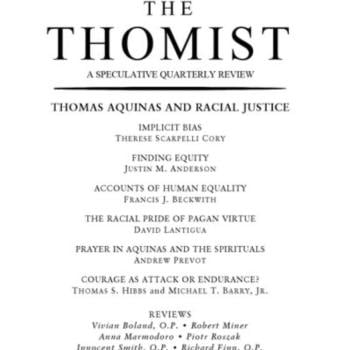In 1999 I published an article entitled, “The `No One Deserves His or Her Talents’ Argument for Affirmative Action: A Critical Analysis.” Appearing in the academic journal, Social Theory and Practice (Vol. 25, No. 1 [Spring 1999], pp. 53-60), it raised the provocative question: On what basis should we award jobs in departments that are tasked to enforce an institution’s affirmative action policies? (Here I am thinking of what I call “Strong Affirmative Action” (SSA), as opposed to “Weak Affirmative Action” (WAA). The former is short for what used be called “reverse discrimination,” a policy that aims at proportionate representation of marginalized groups, which requires that the institution sometimes choose the less qualified candidate because the applicant is a member of such a group). Calling the employees of affirmative action departments (AADs) Social Engineers (SEs), I argue that if the purpose of AADs is to make the institution more just, and one should never do what is less than just, then SEs must be those most skilled at actualizing justice regardless of their race, gender, religion, etc, etc. But in that case, an ADD that seeks to maximize justice by hiring the best SEs without consideration of marginalized group membership is doing what justice requires. However, as I note in the article, “if hiring the best [SEs], regardless of race or gender, is just for society, then hiring the best professors, physicians, attorneys, carpenters, and police officers, regardless of race or gender, is just for their respective communities and employers as well.”
There has been much talk in recent years about Diversity, Equity, and Inclusion (DEI) policies and departments in our colleges and universities. What used to be called affirmative action now comes under the DEI umbrella. Instead of focusing on reparative justice for members of groups historically discriminated against–the original purpose of affirmative action–DEI is primarily forward looking, with an emphasis on patterned theories of justice, and thus harbors the (virtually un-argued) assumption that the only (or best) measure of justice when it comes to the distribution of social goods is proportionate representation. (In my judgment, the backward-looking basis of affirmative action, as applied almost exclusively to African Americans, made a lot of sense and is eminently defensible. Securing reparative justice to a people victimized by past practices as wicked as state-protected and enforced chattel slavery and state-mandated segregation has a basis in Scripture). But, as the US Supreme Court’s recent ruling in Students for Fair Admissions v. Harvard (2023) shows, achieving a pattern of proportionate representation is virtually impossible without an institution and its DEI officials promoting and enforcing intentional discrimination based on race.
But suppose you’re not convinced by the Supreme Court’s ruling. It seems to me that one still has to answer that question I raised in 1999, as updated for 2024: Should DEI departments hire the best DEI employees?
[Note: For a response to my argument, see Kenneth Einer Himma, “Desert, Entitlement, and Affirmative Action: A Response to Francis Beckwith,” Social Theory and Practice Vol. 28, No. 1 (January 2002), pp. 157-166]













